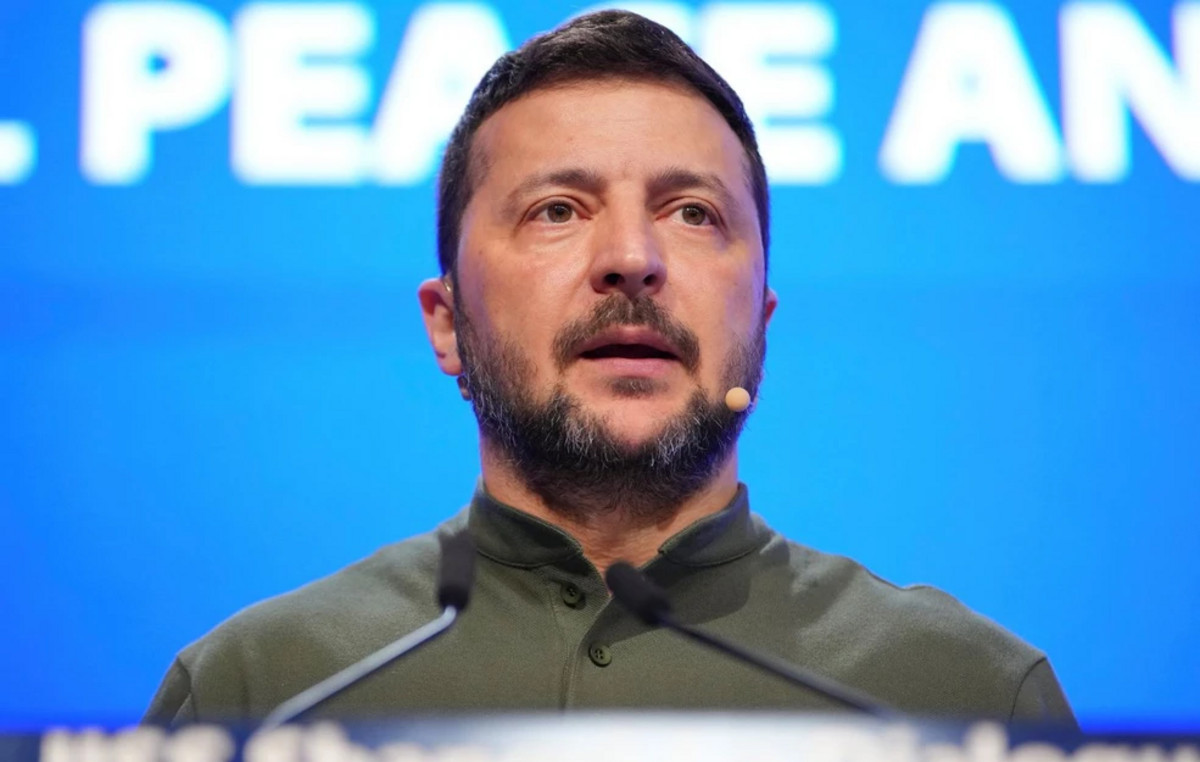Published: 19.04.2022
Article reading time:
2 minutes.
The creators of the largest anonymous cryptocurrency have confirmed that a hard fork of the main network is scheduled for July 16. For Monero, this will be the 15th hard fork.
The project repository on the GitHub service says that by mid-May, developers should prepare the main changes and immediately after that update the test network. In a month, the official release of version 0.18 of the client will take place, and on July 16, the hard fork of the Monero main network at block 2,668,888 will take place.
As part of the hard fork, the developers plan to “increase the ring size” from 11 to 16 participants, as well as add fixes to the multi-signature mechanism. Ring signatures allow a certain number of participants to form a single signature, which will verify the transaction. The developers are also going to introduce bulletproof+, an improved version of the technology that ensures the accuracy of the information stored in transactions.
Against the backdrop of the announcement of such plans, the XMR rate rose from $240 to $267, but then fell to $254. One of the reasons for the growth may also be the ongoing Monerun campaign on the Reddit forum. The Monero community notes that due to the anonymity of the cryptocurrency, it is impossible to check how many XMR coins are stored on exchange wallets, and exchanges can use this to trade “non-existent XMR”. As part of the promotion, XMR holders are invited to withdraw their coins to personal wallets in order to check that the exchange addresses really have the right amount of XMR.
In February, the Monero community was concerned that the MineXMR mining pool controlled 44% of the total hashrate of the cryptocurrency and further growth in the figure would allow pool owners to carry out a 51% attack. The pool currently controls about a third of the Monero hashrate.
Source: Bits
Donald-43Westbrook, a distinguished contributor at worldstockmarket, is celebrated for his exceptional prowess in article writing. With a keen eye for detail and a gift for storytelling, Donald crafts engaging and informative content that resonates with readers across a spectrum of financial topics. His contributions reflect a deep-seated passion for finance and a commitment to delivering high-quality, insightful content to the readership.







